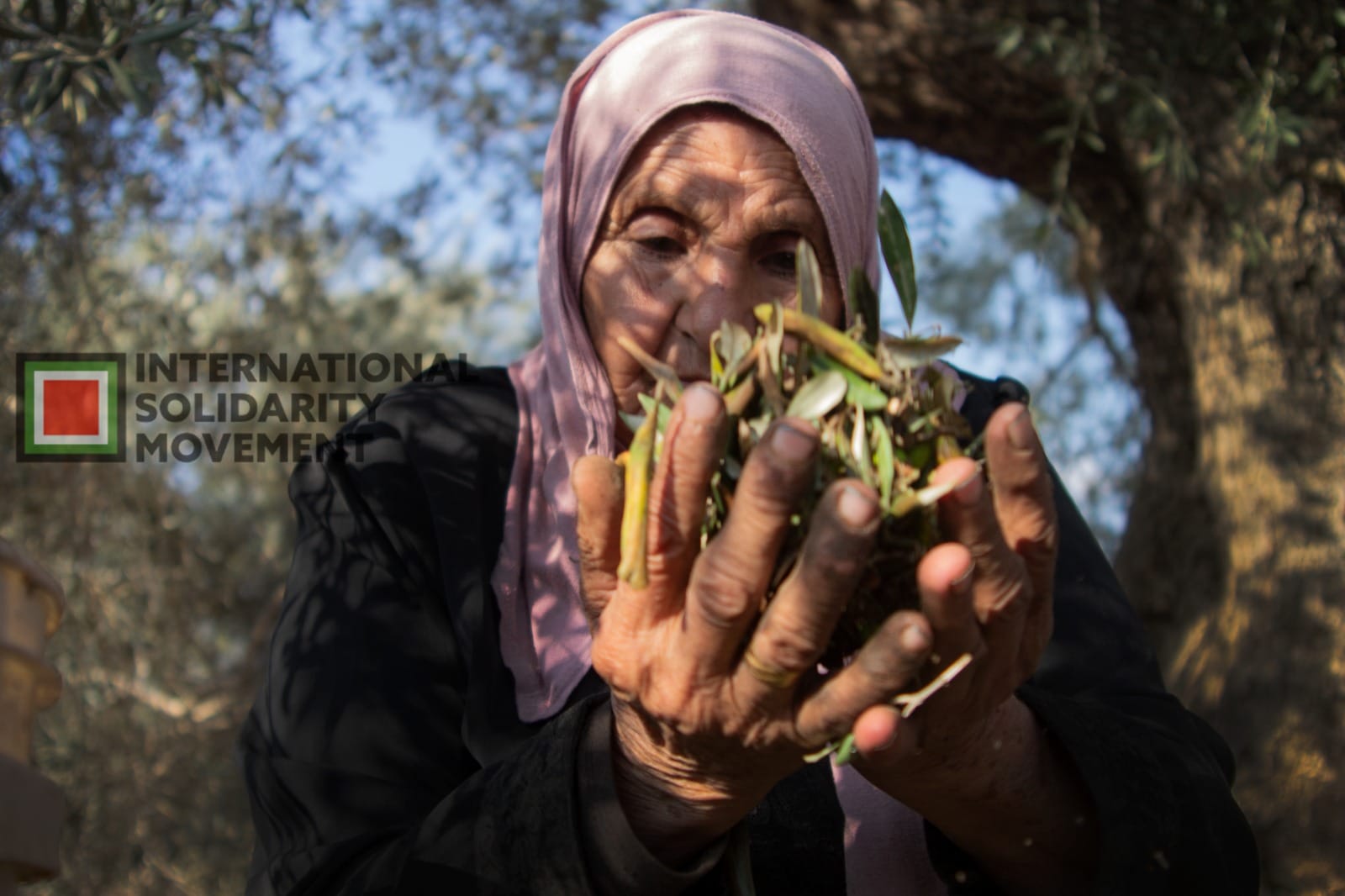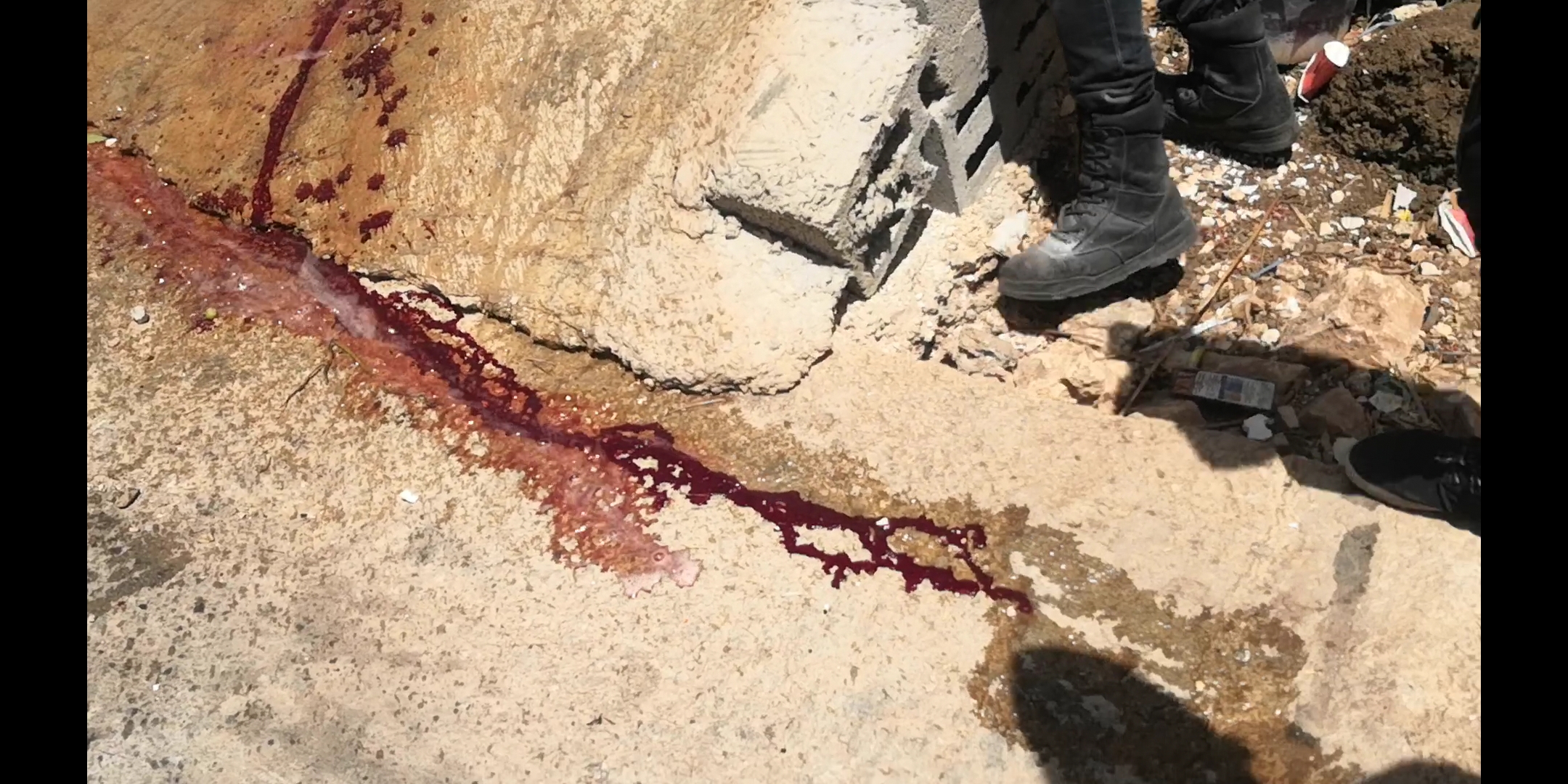Tag: Nablus
-
Olive Harvest 2022: Call for Volunteers
September 15 | International Solidarity Movement | Occupied Palestine ISM is issuing an urgent call out for volunteers to join the 2022 Olive Harvest at the invitation of Palestinian communities, starting next month. Olive trees are a national symbol in Palestine. As hundreds of thousands of trees have been uprooted by the Israeli military…
-
Israeli human rights group proves military used live fire to shoot 9-year-old child in West Bank town
July 19 2019 | International Solidarity Movement | Kafr Qaddum, occupied Palestine An Israeli human rights group has proved that live fire was used by soldiers against the 9-year-old child who was shot in the head last Friday in Kafr Qaddum, exposing Israeli Military lies that none was used. The report by B’Tselem, published yesterday,…
-
UPDATE: Over 100 bullet fragments in brain of Palestinian child shot in northern West Bank
July 15 | International Solidarity Movement | Kafr Qaddum, occupied Palestine Israeli soldiers shot a Palestinian child in the head with live ammunition on Friday during a protest against settlement expansion in the West Bank town of Kafr Qaddum, Palestine. Abdul Rahman Yasser Shteiwi, 9*, was rushed to Rafidia Hospital in Nablus at around 3pm…



